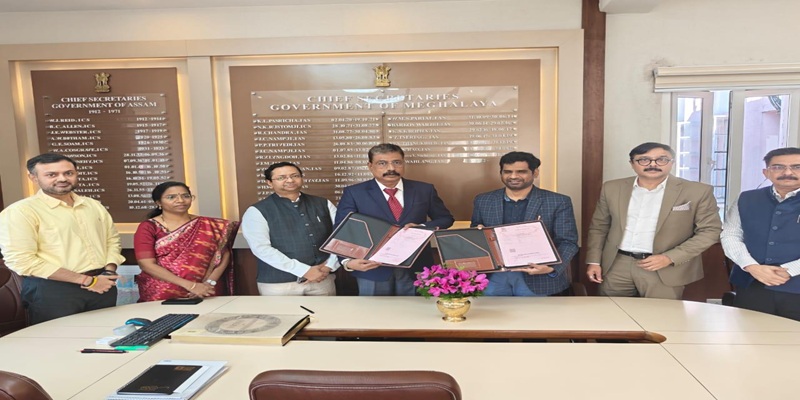Schedule a Call Back
Lot of global firms are looking to relocate from China: Sunil Rallan
 Interviews
Interviews- May 13,20

In this interview, Sunil Rallan, Founder, J Matadee Free Trade Zone, explains the importance of SEZs for India and how COVID 19 will impact the operations at SEZs and warehousing zones.
Special Economic Zones (SEZ) are established to enhance foreign investment and provide an internationally competitive and hassle-free environment for exports. Chennai Free Trade Zone (FTZ) - developed by J Matadee Free Trade Zone Pvt Ltd - is India’s first notified free trade and warehousing zone setup in the industrial hub of Sriperumbudur, Chennai. The total built up area is 1 million square feet and has 17 operating units and houses logistic companies such as DHL, DB Schenker, Kerry Indev and TVS logistics. All the warehouses have been designed to meet world-class standards for safety, quality and environmental impact.
In this interview with Rakesh Rao, Sunil Rallan, Founder, J Matadee Free Trade Zone, highlights the importance of FTZs and why India can be an attractive destination for foreign companies who want to shift from China due to US-China trade war and COVID 19 episode.
Can you tell us about a J Matadee?
J Matadee free trade zone was given its approval in 2008 as the first notified free trade and warehousing zone in Chennai. In India, there are three operational FTZs and we were the first ones to get started in the South in Chennai. We got operational with our first client DHL Logistics in 2010, and we've been growing the whole business model since then.
Today, besides DHL, we added companies like TVS Logistics, DB Schenker, etc to our list. Over all we have close to 10 logistic companies who have operating units in the zone. Our business model has been to promote FTZs with third party logistics (3PL) companies who in turn work with a large number of clients.
What is the total area of FTZ and how much has been occupied by the users till now?
The total land area is around 260 acres. In the first phase, we have developed and built close to around 1 million sq ft of a grade warehousing space and this entire space is fully leased out and operational. We offer space to clients who are looking for plug-and-play facilities.
Why are free trade zones important for India's economic development?
Globally, FTZs play a very important role in the development of the country’s economy. Even in India a free trade zone like ours has been promoted with the concept of plugging in the Indian industry with global markets. For example, in the free trade zone, we have seen there are many foreign suppliers who are holding their inventory in the Zone on their account. This means they bring in products and materials inside the zone on their own account without really having any Indian entity as the importer. From the zone, they are able to give just-in-time (JIT) deliveries to the end Indian DTA (Domestic Tariff Area) customer.
The advantage of JIT delivery is phenomenal for the manufacturing sector because a lot of industries, who were earlier carrying two to three months of inventory of raw materials and components in their own manufacturing facilities, are now carrying two or three days of inventory. This brings down the cost of financing of raw material at the back end for the manufacturing companies and can get it in Just-in-Time without having to have large amount of funds being locked in inventory.
The same thing works for the exports. In the zone, the foreign buyers can keep product, which they procure from the Indian domestic exporters, on the foreign buyer’s account. This means that when an export is done from a DTA factory to the foreign buyer, once the delivery is made into the free trade zone, the exporter’s export obligation is completed and the goods now belong to the foreign buyer. Foreign buyer is now able to aggregate procurements from various factories, which are coming into the zone. Thereafter, he does the value-added services like picking, repacking, etc and make them ready for the foreign store shelves. This activity was earlier being done in places like Singapore, Malaysia, China, etc. Now these value-added activities are being done right here in Chennai inside the zone. These products are directly exported to the end-user’s shelves directly.
What is driving the demand for FTZs like Chennai?
Number one, we are close to the port. Second, almost 10 years ago, the Japanese government, fronted by JICA and by Jetro, had come up with a report to create a supply chain corridor right from Laos, Cambodia, Vietnam, Thailand and India. In India, it terminates in Chennai extending it upto Bangalore, which is the Chennai-Bangalore industrial Corridor. So this whole area was envisaged to become a large manufacturing supply chain hub. And that's what we are seeing today actually panning out.
What is the scale of automation in the FTZ?
Currently in the warehousing zones, all our units are using advanced IT systems for warehousing management systems. All the products which come in are tracked by RIFD and other such tools. Both the supplier and the end consumers of these products, which are kept inside the warehouse, are all connected through technology so that at any given point of time the foreign supplier or the foreign buyer has a complete visibility of what product quantities, amounts are available in which exact locations.
For the customer, for example the DDA customer, who's going to pull this cargo, also has a clear visibility of what components and items are available in the supply chain. He is able to log in his orders and deliveries are made from the zone. So, warehousing management system is highly automated with these IT platforms.
After Covid 19 pandemic, we see more scope and room for automation where one could see robotics coming in gradually to do the Pick and Pack activity because social distancing norm is going to be the new normal in the world going forward. This is not going away anywhere soon.
In terms of digitization, a lot of the documentation processes, for like example the receiving the cargo into the zone and exporting the cargo from the zone, is done online.
How has Covid 19 the business at Chennai FTZ?
In the last couple of months, we have seen a drop in the total volumes. The number of incoming import containers have been dropped by almost 45-50 percent of the volume of cargo coming in. Similar impact was on the cargo going out because the supply chain manufacturing companies have been in a lockdown mode for quite some time.
On April 15, 2020, MHA guidelines were given to allow a gradual opening up of these special economic zones for export purposes. But individual states were given the prerogative to implement this.
In Tamil Nadu, because we have still some hot spots, the state government decided to keep the lockdown going till May 4, 2020. But, in the entire period, units which are handling medical equipment and pharmaceuticals have been allowed to keep working despite this lockdown.
We have been following strict safety and sanitization protocols, as per the MHA guidelines for them.
What kind of new opportunities are you looking at to drive your business in future?
In December 2019, the central government notified that all Special Economic Zones (SEZs) - including Chennai FTZ - will be considered as multi-sector economic zones.
As a result, we are now permitted to do other activities and services along with earlier warehousing activity. We see this as a major driver because a lot of the manufacturing companies in the supply chain are now looking to relocate from China (due to US-China trade war and now COVID 19 episode) to other geographies of the world. India, one of the largest markets and a growing economy, can become an attractive destination for companies who want to shift their supply chain.
Our business model is ideal for such companies as we can offer them plug-and-play facilities. This makes it very attractive and easy for these foreign companies to come in India become operational within 90 days.
Related Stories
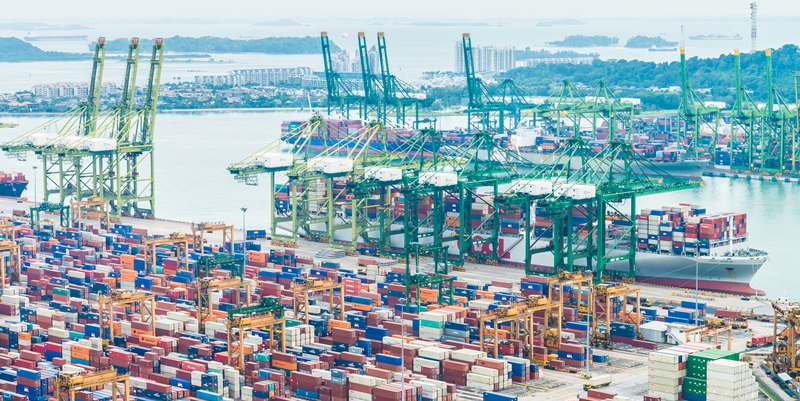
Strategies for resilient and adaptive supply chains: Hitendra Mankani
The last few years have been very volatile for global supply chains, with ongoing geopolitical developments presenting multiple challenges.
Read more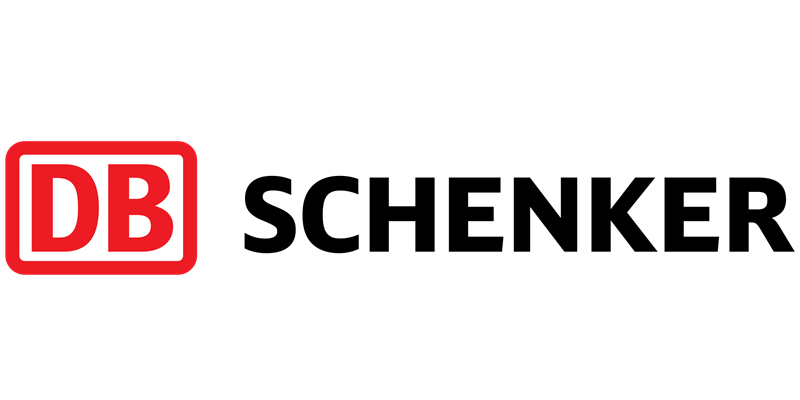
DB Schenker uses remote-controlled forklifts at German contract logistics site
Remote-controlled driving has the potential to increase efficiency and eliminate staff shortages by separating the driver from the forklift.
Read more
GTRI urges govt to maintain import duties on smartphone components
The think tank suggested that maintaining the current import tariffs, ranging from 7.5 to 10% on imported smartphone parts, is essential for balancing industry growth and ensuring long-term developm..
Read moreRelated Products
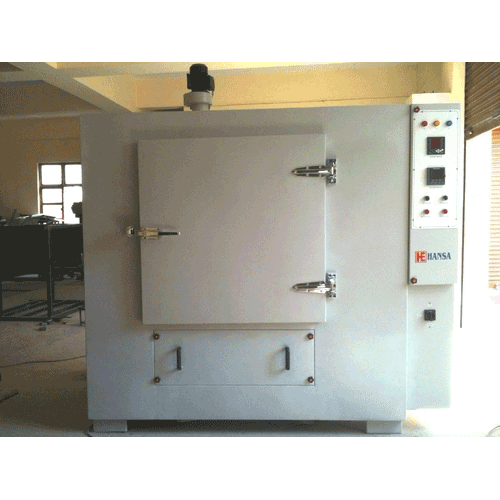
Heavy Industrial Ovens
Hansa Enterprises offers a wide range of heavy industrial ovens.
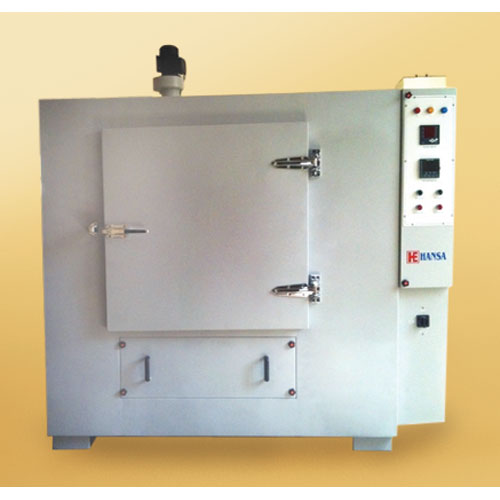
High Quality Industrial Ovens
Hansa Enterprises offers a wide range of high quality industrial ovens. Read more
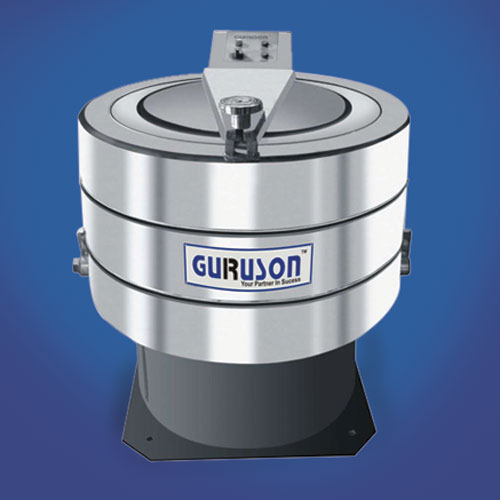
Hydro Extractor
Guruson International offers a wide range of cone hydro extractor. Read more








